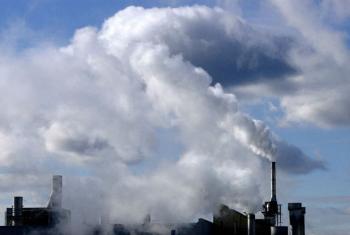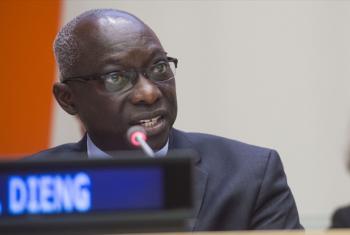Climate change threatens children’s survival and development: UNICEF
Although children are least responsible for climate change, they are the ones who will live with its consequences, the UN children’s fund (UNICEF) warns.
The agency says more than half a billion children live in areas that are prone to extreme flooding, while another 160 million are in areas with high drought severity.
Ahead of the start of the global climate change conference in Paris next week, UNICEF has released a report urging governments to take action to safeguard children’s lives.










